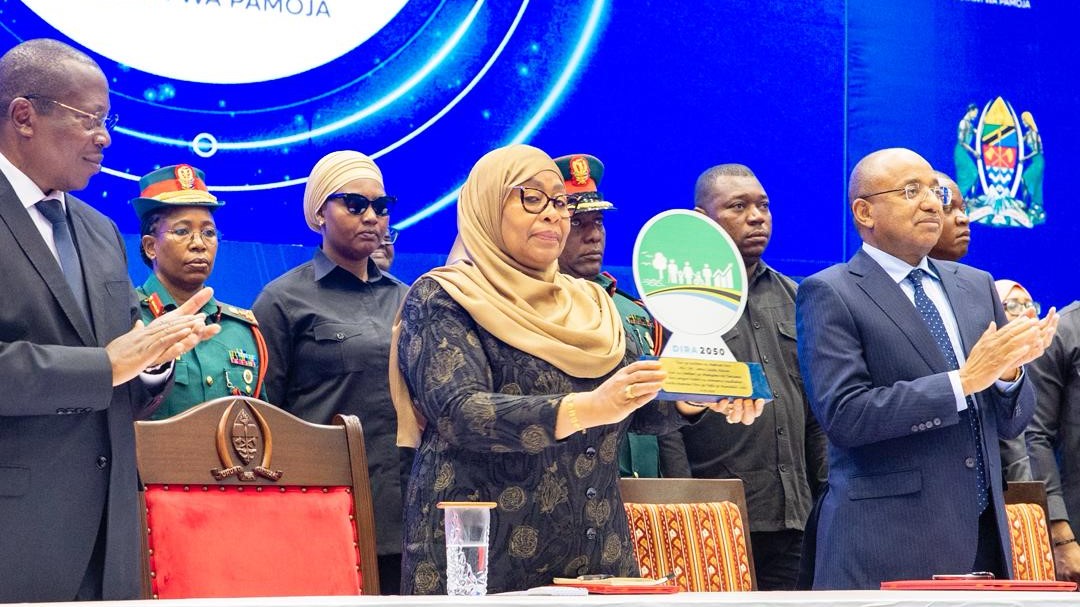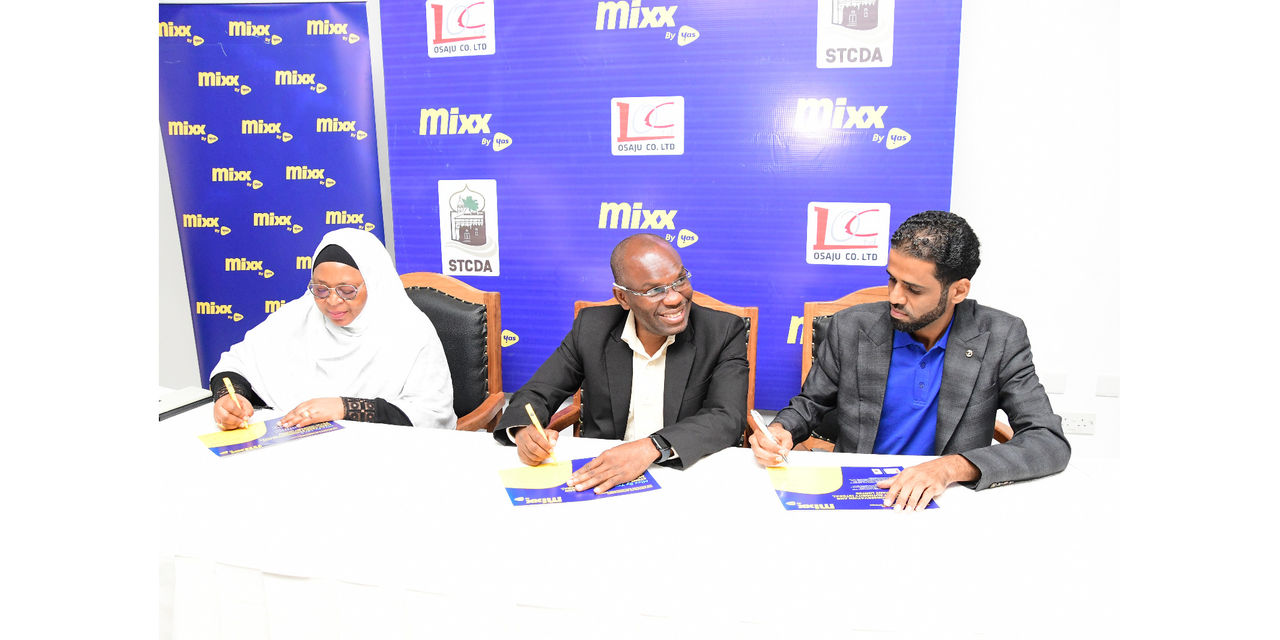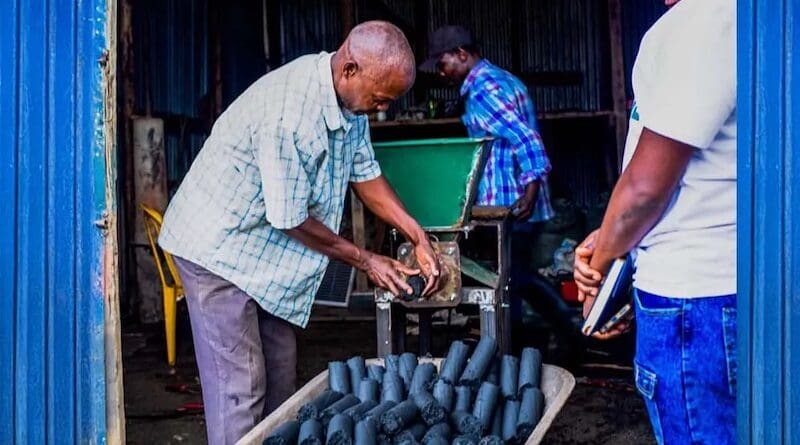President Samia Suluhu Hassan on Thursday launched Tanzania’s National Development Vision 2050, describing it as a historic turning point that lays the foundation for the country’s transformation into a prosperous, just, and inclusive society by mid-century.
Unveiled at the Jakaya Kikwete Convention Centre in Dodoma on July 17, the long-anticipated strategy aims to propel Tanzania into the ranks of high-income economies by 2050, with a targeted GDP of $1 trillion and per capita income of at least $7,000 (about Sh18.2 million annually).
“This is a defining moment for our country. We are laying the foundation stone for the future aspirations of our people,” said President Hassan. “The challenge before us is to convert our abundant resources into real development outcomes for all Tanzanians.”
The Vision 2050 framework is the result of one of the most inclusive national consultations in Tanzanian history. Over 1.17 million Tanzanians—including those living abroad—contributed their views via SMS, public forums, workshops, and social media, according to National Planning Commission executive secretary Dr Fred Msemwa.
Dr Msemwa said the Vision is structured around 12 thematic areas, drawn from global benchmarks, especially from successful African and Asian economies like Botswana.
“This document is Tanzanian in both authorship and ambition,” he said.
Minister of State for Planning and Investment Prof Kitila Mkumbo laid out key goals of Vision 2050, including, Achieving a GDP of $1 trillion, Reaching 75 years in life expectancy, Eradicating extreme poverty, Ensuring 25% higher education enrolment, Securing 50% formal employment, Equipping 70% of citizens with digital skills, Delivering 80% of government services online, Raising annual electricity consumption to 3,000 kWh per capita and Reducing gender inequality by 85%.
Prof Mkumbo added that two major policy documents—the Long-Term Perspective Plan and a new Five-Year Development Plan—will be prepared to implement the Vision, with the latter expected in Parliament by November 2025.
Former President Jakaya Kikwete, under whose leadership the earlier Vision 2025 was implemented, praised the participatory approach, calling the strategy both “ambitious and achievable.”
President of Zanzibar Hussein Ali Mwinyi echoed the importance of national unity, saying the Vision reflects the hopes of all Tanzanians and addresses livelihoods, governance, and inclusive development.
Business tycoon Rostam Aziz praised the Vision but urged bold policy shifts to empower Tanzanian enterprises. He pointed out that Tanzanian firms lack access to affordable financing to participate in large-scale national projects.
“We must fix our implementation,” Aziz said. “Let’s create a $100 million Talent Development Fund to equip our youth in AI, engineering, and data science. This is an investment, not a donation.”
UN Resident Coordinator Susan Ngongi Namondo commended the government’s commitment to broad-based engagement and continuity. She praised achievements under Vision 2025, including improved maternal and child health, education outcomes, and food security.
“This Vision was born out of national dialogue. It is your promise to every child, every farmer, and every entrepreneur,” she said, pledging continued support through financing, technical assistance, and collaboration.
President Hassan highlighted that the Vision is anchored in Tanzania’s enduring peace and cohesion. Responding to Vice President Dr Philip Mpango’s remarks about stepping back, she clarified his continued involvement in guiding long-term policy.
“He will take a kind of break—but he’s still working. He plays a vital role in steering the development agenda,” she affirmed.
“We are laying the foundation stone for the future aspirations of our people… Vision 2050 is about turning potential into prosperity.” – President Samia Suluhu Hassan said.



